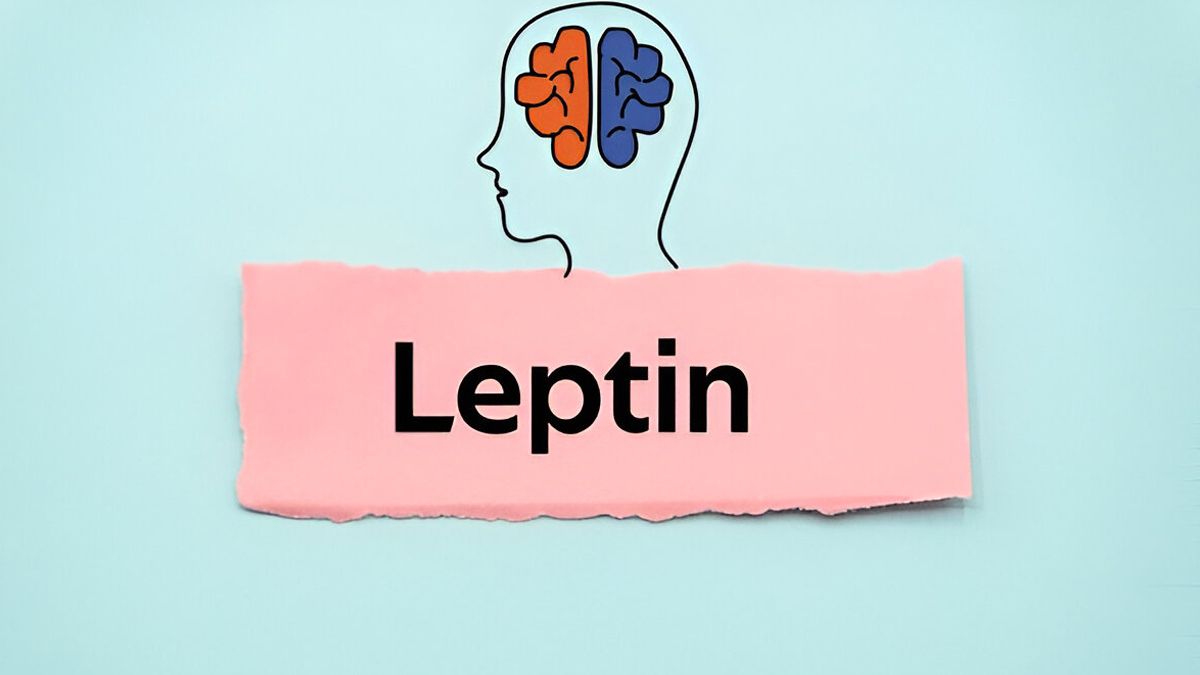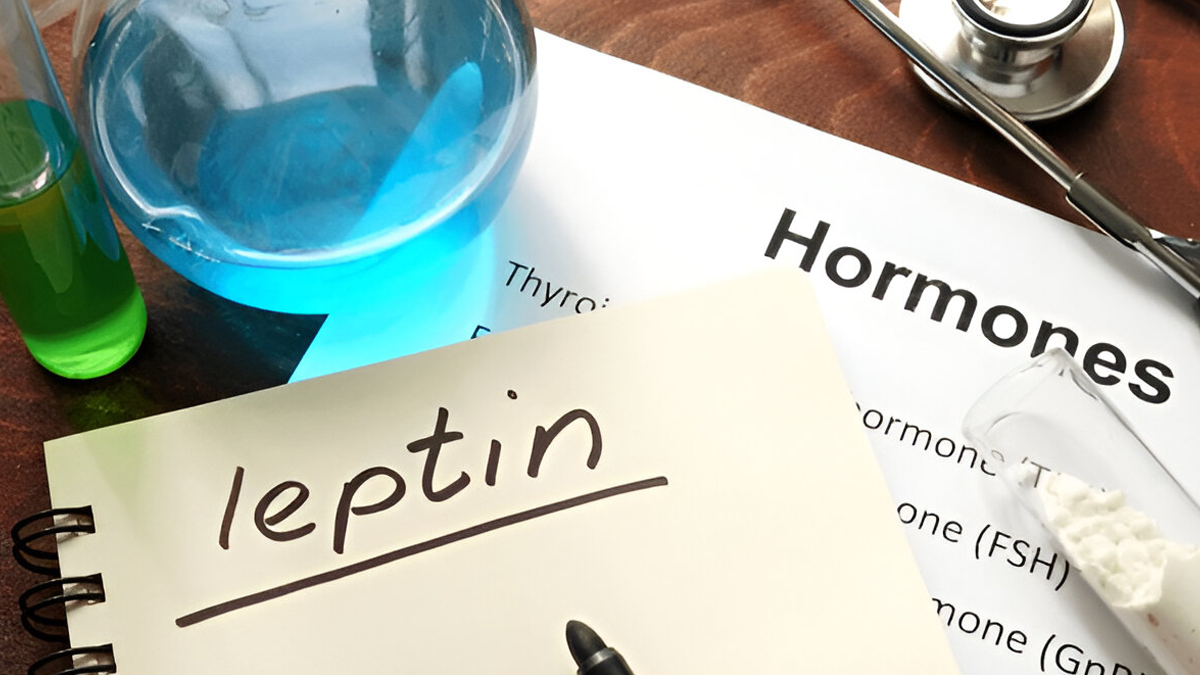
Type 1 diabetes is a chronic condition where the body fails to produce insulin, a crucial hormone for regulating blood sugar levels. Without insulin, the sugar in the body builds up in the bloodstream, leading to hyperglycaemia, or high blood sugar. Insulin deficiency can also lead to a buildup of ketones in the blood, which can trigger a potentially life-threatening complication of type 1 diabetes, called Diabetic Ketoacidosis (DKA). Therefore, patients with type 1 diabetes often require lifelong insulin therapy.
Table of Content:-
However, research suggests that there may be another way to manage DKA: leptin, a hormone made by the cells of adipose tissue, known for its role in regulating long-term energy balance.
Also Read: What Is Diabetic Ketoacidosis? Signs, Causes, Treatment & Prevention
What Diabetic Ketoacidosis?

DKA is a life-threatening complication of diabetes that occurs when the body doesn't have enough insulin to allow glucose, or sugar, to enter cells for energy. Instead, the body begins to break down fat for fuel, producing acids called ketones. A buildup of these ketones leads to ketoacidosis, making the blood too acidic.
Common symptoms include:
- Being very thirsty
- Urinating often
- Feeling a need to throw up
- Having belly pain
- Being weak or worn out
- Being short of breath
- Having fruity-scented breath
- Being confused
What Is Leptin?

Leptin is a hormone released by your body fat, or adipose tissue, to help maintain weight in the long run. It signals the brain, particularly the hypothalamus, to suppress appetite and increase energy expenditure.
According to StatPearls Publishing, leptin signals satiety. Hence, in starvation, leptin level decreases, which increases appetite.
However, elevated leptin levels can also contribute to leptin resistance in many individuals with obesity, leading to increased hunger and decreased energy expenditure, potentially exacerbating weight gain.
How Does Insulin Work For Type 1 Diabetes?
In type 1 diabetes, the body doesn't produce insulin, a hormone crucial for regulating blood sugar levels. Insulin acts as a key, allowing glucose from the blood to enter cells for energy.
Since the body can't produce its own insulin, people with type 1 diabetes need to take insulin injections or use an insulin pump to replace the missing hormone and manage their blood sugar.
Also Read: Study Reveals Heart Risks In Women With Type 2 Diabetes
Why Do Researchers Believe Leptin To Be A Potential Alternative To Insulin?

A recent study published on August 1, 2025, in The Journal of Clinical Investigation offers a new perspective on how the brain plays a crucial role in managing type 1 diabetes complications. The research builds on a 2011 finding that showed a positive outcome in rodent models. Researchers found that delivering the hormone leptin directly into the brain was able to fully reverse severe symptoms of uncontrolled type 1 diabetes, including extremely high blood sugar levels and Diabetic Ketoacidosis (DKA).
The new study explains the reason behind this effect. In healthy conditions, the brain closely monitors the body’s energy reserve and triggers the release of stored fuels, such as glucose and fatty acids, when it senses that energy is running low, as during fasting. This system usually works in coordination with insulin, which helps regulate how much fuel is released. But in type 1 diabetes, where insulin production is severely impaired, this coordination breaks down. At the same time, leptin levels also fall significantly. As a result, the brain misreads this hormonal signal as a sign of starvation and continues to stimulate excess fuel release, even when it is not needed.
According to senior study author Dr Michael Schwartz, Professor of Medicine, Division of Metabolism, Endocrinology and Nutrition at the University of Washington School of Medicine, when the pancreas loses the ability to release insulin, "the brain gets the message that the body is out of fuel, even if it's not. This information is being communicated in part by a low blood level of the hormone leptin."
Interestingly, the researchers found that simply restoring normal leptin levels in the bloodstream was not enough to reverse these effects. It was only when leptin acted directly on the brain that the symptoms were brought under control. This suggests that leptin’s action in the brain functions like a targeted intervention, capable of recalibrating the body’s metabolic responses.
While this method is not yet suitable for human treatment, it opens the door to a new area of research — one where the brain becomes a therapeutic target in type 1 diabetes.
"We now have a much better understanding of a finding that was largely ignored by the scientific community when it was first reported in 2011," Schwartz said.
Bottomline
While insulin is the go-to treatment for managing type 1 diabetes and its complications, recent research opens up the possibility of how a hormone like leptin could train the brain to manage the disease differently. It’s still early days, but this research offers hope, especially for those at risk of severe complications like DKA. Each discovery is a step towards future treatments which might not rely solely on insulin.
Also watch this video
How we keep this article up to date:
We work with experts and keep a close eye on the latest in health and wellness. Whenever there is a new research or helpful information, we update our articles with accurate and useful advice.
Current Version